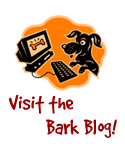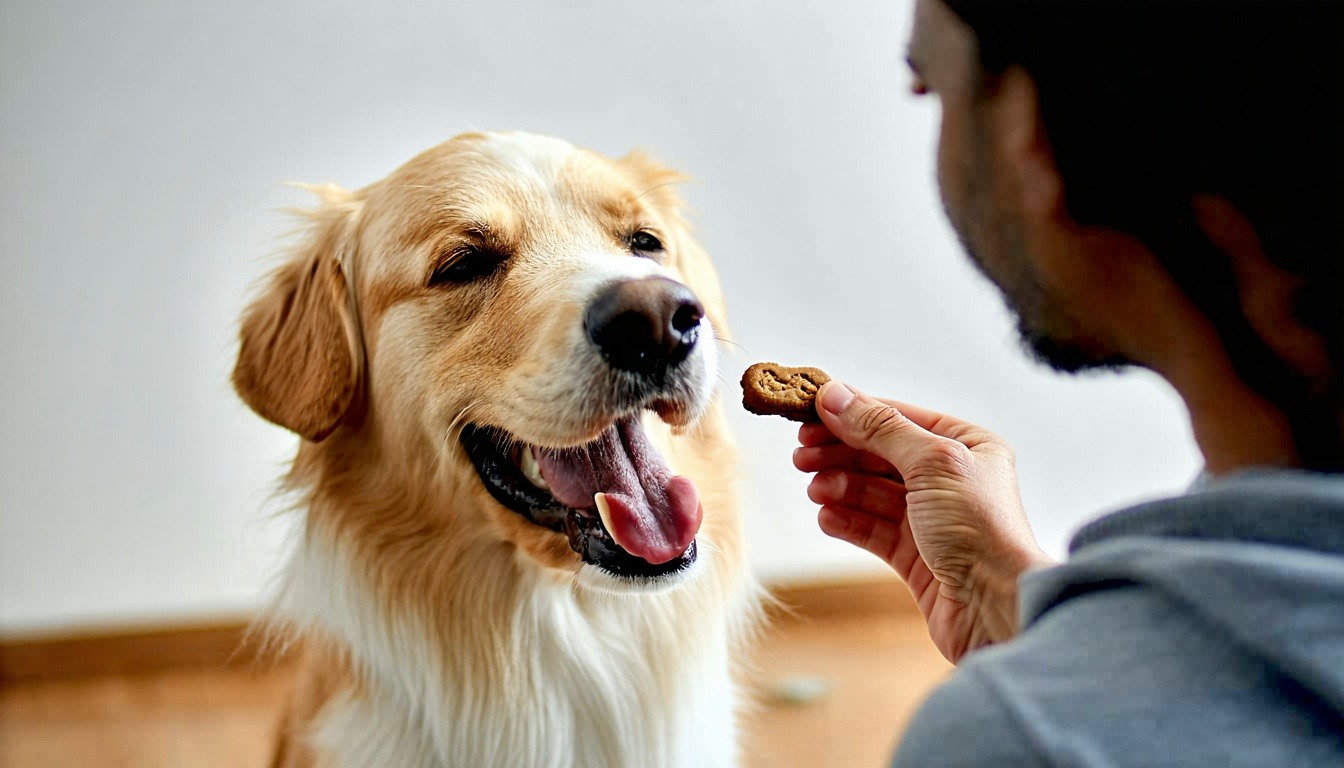
Unlock the Potential in your Dog with the Transformative Power of Positive Reinforcement. Learn more about Gemini Dogs University Day Training, check out our Group Training Classes, or book a Private Lesson.
Understanding Positive Reinforcement in Dog Training
The method you choose to train your dog really matters. Positive reinforcement, which involves rewarding your dog for good behavior, is one of the most effective strategies. Clicker training is a popular form of positive reinforcement; the clicker sound marks the desired behavior, making it clear to the dog what they did right. While food rewards are commonly used, they are temporary. Over time, your dog will respond to verbal praise and affection, toys, and freedom just as well.
Comparing Different Dog Training Methods
Punishment and aversives might seem to work quickly, but they have negative impacts. These methods can create fear and anxiety in your dog, breaking down the relationship between you and your pet. Conversely, food-based training helps to build up this relationship, fostering trust and cooperation. 'Balanced' training methods might claim to use both rewards and punishments, but they often lean heavily on aversives. Fear-free and positive reinforcement trainers prioritize your dog's mental and physical well-being, ensuring a happier and healthier training experience. For example, we may pay more attention to not placing your dog under tremendous stress and make the decision to stop or pause for relaxation or break the task into smaller steps to assist the dog in coping with any sense of pressure or anxiety the dog is feeiing.
Why Positive Reinforcement Works
Positive reinforcement works because it builds a strong relationship and strengthens the bond between you and your dog. The clicker (or your voice, using a quick, simple word like, "Yes!") can be used consistently to mark desired behaviors. Dogs are motivated to work because they want to earn rewards, whether it's food, toys, or praise. Higher value treats can be especially effective in more distracting environments, helping your dog focus on the task at hand.
The Importance of Choosing the Right Trainer
It's critical to guard yourself against the wrong trainers. Your dog needs a trainer who understands positive reinforcement and prioritizes their well-being. The right trainer will use methods that are effective and humane, ensuring that your dog is happy and healthy throughout the training process.
Why CPDT-KAs Are the Gold Standard in Dog Training
Certified Professional Dog Trainers - Knowledge Assessed (CPDT-KAs) and Likewise, Karen Pryor Academy Certified Training Partners (KPA-CTPs) are considered the gold standard in dog training. These trainers have undergone rigorous testing and mentorships to ensure they have the knowledge and skills necessary to train dogs effectively using the Least-Intrusive Method Available (LIMA) methods. Choosing a CPDT-KA or KPA-CTP ensures that your dog is in capable and compassionate hands.
In addition to their expertise, CPDT-KAs are committed to continuing education, staying up-to-date with the latest research and techniques in dog training. This commitment ensures that your dog receives the best possible training based on the most current and effective methods.
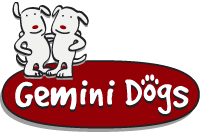
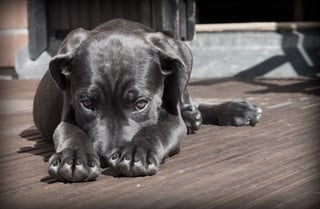
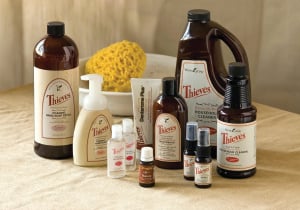
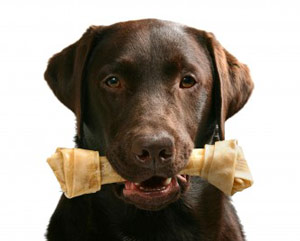 Many people are surprised to hear me (and my staff) say that we do not allow rawhide chews, pig's ears, bully sticks, and other "animal parts" in our facility. Let me explain exactly why we feel so strongly about these types of chews, and particularly rawhide chews.
Many people are surprised to hear me (and my staff) say that we do not allow rawhide chews, pig's ears, bully sticks, and other "animal parts" in our facility. Let me explain exactly why we feel so strongly about these types of chews, and particularly rawhide chews.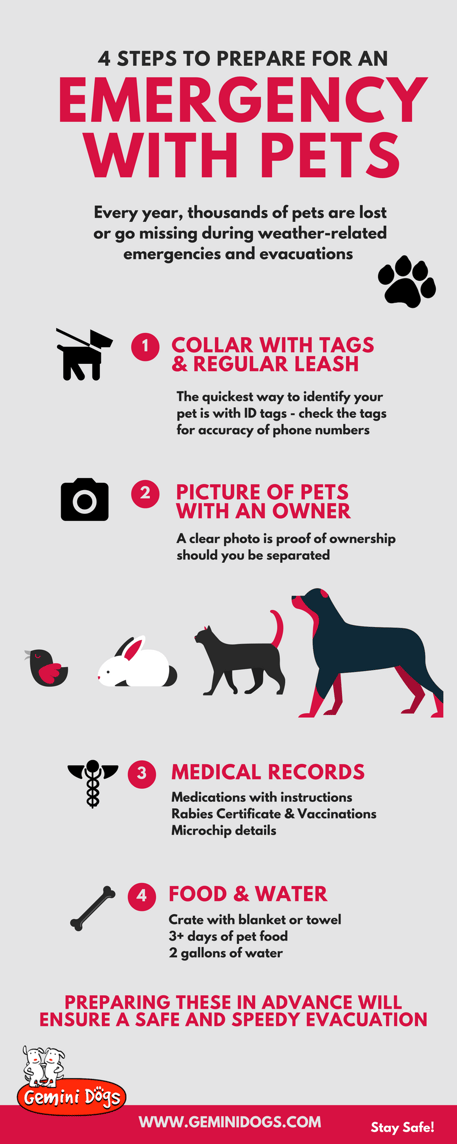
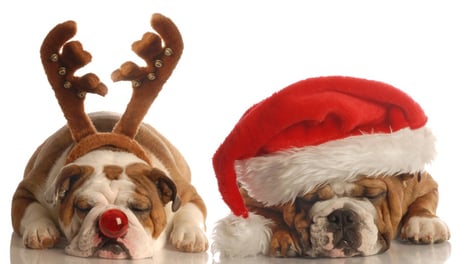
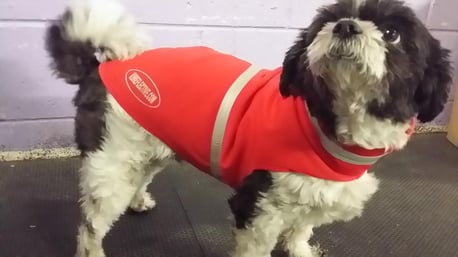
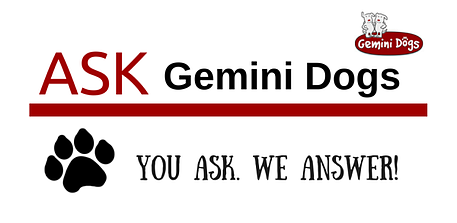
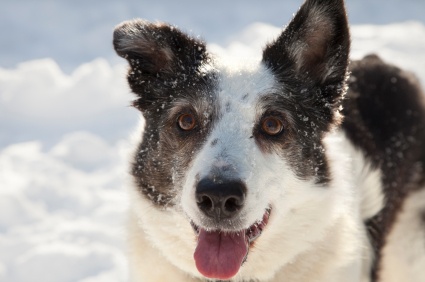
 There are two natural oil supplements that we give our dogs (these can be especially helpful for those with allergies):
There are two natural oil supplements that we give our dogs (these can be especially helpful for those with allergies):